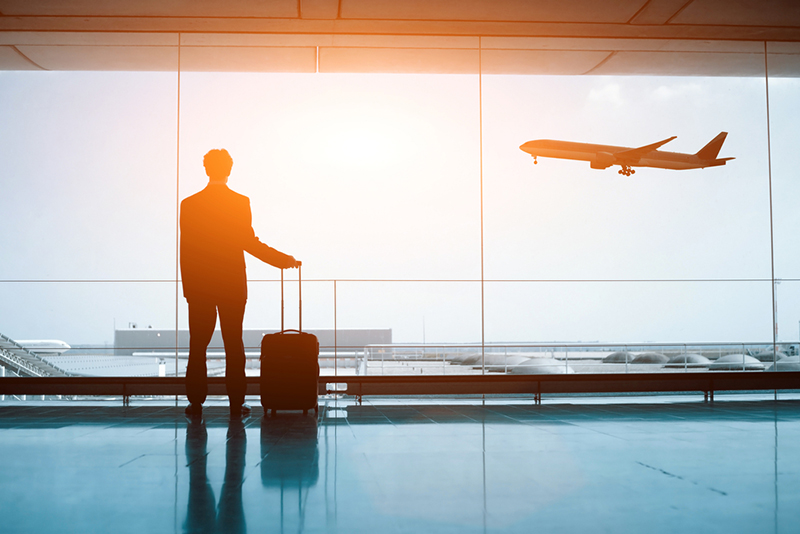

If you’re a regular traveller dealing with the “biorhythmic confusion” of changing time zones is pretty much unavoidable. The transition can be rather horrible, unless you’re a superhuman who naps easily on planes and arrives feeling refreshed. Tell us your secrets!
House Call Doctor has written about preventing jet lag previously. We’ve gathered some tips from experienced travellers to try once you’ve landed, so you can overcome it faster and get on with your trip.
Conquering jet lag: Rick Steves
Rick Steves, who’s penned many guidebooks, has this advice: avoid writing off the first day.
“Don’t prematurely condemn yourself to zombiedom,” he said.
“Most people I’ve traveled with, of all ages, have enjoyed productive — even hyper — first days.”
He also recommends staying awake until bedtime on the day you arrive. It’s a tried and tested method which can be difficult but worth it.
Keep those eyes open and then retire early, well early-ish, not 4:00pm. You may need to practice some tough love.
In Rick’s words: “Jet lag hates fresh air, daylight, and exercise. Your body may beg for sleep, but stand firm. Refuse. Force your body’s transition to the local time.”
Do indulge in a nap if you feel like you’re about to fall over, but make sure you don’t sleep through the night!
And, when it is finally bedtime, “don’t be afraid to consider jet lag cures” or sleeping tablets to lock in a solid first night’s sleep. If you prefer natural remedies, House Call Doctor has written about some options previously.
The flight attendants’ guide to time zone hopping
Bouncing between different time zones ain’t no thing for flight attendants. They do it all the time.
“Getting sleep in different time zones is something I tackle more than once a week,” explained flight attendant Betty Thesky to Yahoo Travel.
Who better to go to for expertise?
Here’s what they recommend:
- Be healthy. Drink plenty of water and make sure you exercise. It really helps to keep your body in sync and should also help you sleep better
- Establish a sleep routine. If you have a pre-bedtime routine, don’t press pause on it just because you’re away from home. Go through the motions so your body knows it’s time to drift off
- Take melatonin. Some flight attendants and other seasoned travellers swear by the supplement, which is a hormone. Proceed with caution and talk to your GP before trying it. You need a prescription for melatonin in Australia and many countries don’t allow it (so make sure to your research before travelling with the supplement) except the USA where it’s available over the counter.
“The wandering undead”: Lonely Planet
One of Lonely Planet’s writers and editors, Anita Isalska, follows this mantra when it comes to jet lag: “ride the crazy train”.
“Embrace jet lag and its attendant insanity,” she said.
“Twenty-four-hour karaoke in Japan, early-morning markets in London, sunrise in Sydney – amazing travel experiences await those with jet lag and insomnia.”
And, when you eventually transition into survival mode (sleep-deprived madness), here are some of Lonely Planet’s tips to get through:
- Change pre-set alarms. Imagine falling asleep only to wake up at 3:00am to your own alarm. Nope, shut it down
- Hide behind sunglasses. To disguise red eyes
- Strategically time your exposure to sunlight. Anita recommends getting some “rays in the late afternoon if you’ve travelled west, and retreating from sunshine in the evening if you’ve travelled east”.




